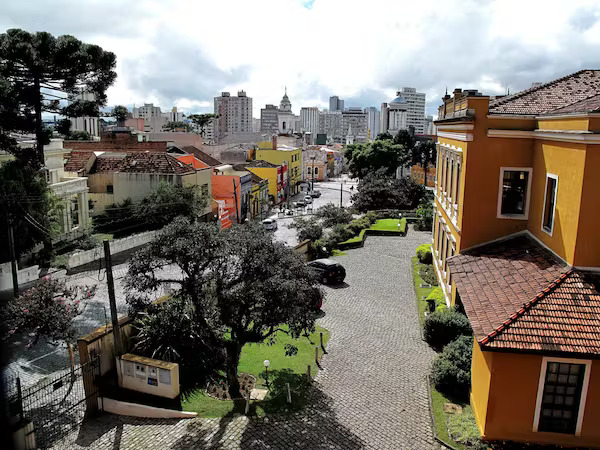Brazilians are increasingly distancing themselves from Catholicism, with fewer than 50 percent identifying as Roman Catholic today, down from 92 percent in 1970. Despite this shift, the Catholic Church, deeply ingrained in Brazil’s economy and society after 500 years in South America, maintains a presence through various traditions
One such lesser-known practice is the Movimento das Capelinhas, or “small chapel movement,” occurring in hundreds of cities and towns across the country. This phenomenon involves the circulation of small sanctuaries containing a Virgin Mary statuette among Catholic households.
The Movimento das Capelinhas exemplifies a circulation-based collaborative network, representing a hyper-local economy observed globally, from alternative currencies in London to time banks in New Zealand. These systems prioritize a broader definition of value beyond monetary considerations, emphasizing the exchange of cherished objects to benefit all participants, creating a unique form of local Catholic “economy.”

The small chapel movement builds on the historical Catholic tradition of sending sacred relics and statues on global tours. In Brazil, these traveling chapels, protected by wooden homes, make one-day “visits” to different households based on a semi-formal process coordinated by neighbors, parishes, and lay volunteers.
Each chapel group, typically involving around 30 families, ensures that every family receives one monthly visit overseen by local clergy.
Research conducted over two years in southern Brazilian cities, Curitiba and Campos Novos, highlights the economic impact of the small chapel tradition. Despite differences in size and organizational structure, both cities demonstrate a hybrid value system, providing economic, spiritual, and social benefits to all participants.
Monetary contributions from host families, along with symbolic gestures like coin slots in some chapels, contribute to the church’s revenue, albeit varying between cities.
While the economic aspects are evident, the intangible benefits are equally valuable. Lay messengers gain social status, and communities feel interconnected through regular chapel visitations. The spiritual significance of hosting the Virgin Mary statue is cherished by Catholics, providing a sense of divinity, support, and good luck.
The church actively promotes the social and reputational value of the moving Marys, celebrating volunteers on platforms like Facebook and during Masses. The small chapel movement, by fostering a sense of community, faith, and social recognition, serves as a unique response to economic challenges, emphasizing that even in times of financial hardship, relationships, family, and faith remain invaluable.

